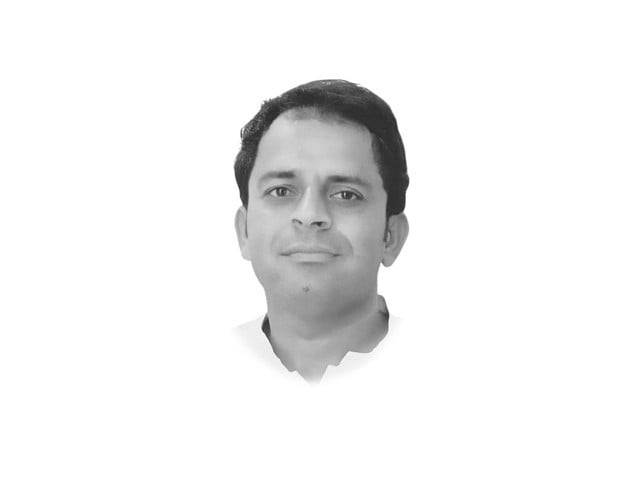The freedom worth celebrating
.

Throughout human history, freedom has remained the most cherished and sought-after pursuit, often valued above life itself. Yet, for most of history, people have remained in chains, and for many, a systematically bartered freedom, ignorance of it, or a comfortable complacency has also held allure. This has been manifested in the evolution and experiences of multiple socio-political settings, struggles, and movements — many liberating, while others ultimately fell into newer, yet tighter shackles. Since equality in freedom and resources requires proportionate freedom for all, along with measures to address restrictions on it, any carefully cultivated disproportion inevitably deepens inequity and resultant slavery.
This way, public freedom acts as a neutraliser to the ruling class's privileged abuse and unjust liberty, which enables them to rule, reign, dictate, plunder and oppress their subjects. In contrast to the visible physical and temporal chains that enslaved people throughout history, those in power have learned to control the very foundations and resources that would qualify the public for freedom.
Over time, through the experiences and sufferings of serfdom in its countless forms, humankind has learned to identify, reject and sift out tactics, elements and tools which, though disguised as liberty, kept them oppressed. The dawn of reason, challenging previously unquestioned dogmatism, led to the rejection of tools, tactics and experiences which, despite promises of public prosperity and glory, ultimately delivered systematic slavery. This challenge evolved in the name of a political system known as democracy. This form of government, with its inclusive participation, inherently promises liberation from ignorance, brute force, coercion and other enslaving elements witnessed throughout history.
The essence of democracy lies in public participation in decision-making across economic, political, social and foreign policy domains, lending legitimacy to those in power. This engagement enables informed citizens to hold successive governments accountable through transparent performance, making democracy appealing to most modern societies. Its promise of freedom and legitimacy added to its global assent, particularly after World War II. Pakistan, like many nations, embraced this system in its pursuit of democratic governance.
The founders — despite the majority's adaptation to a servile way of life and unfamiliarity with self-governance — envisioned the people as the key architects of the democratic social contract, with the fruits of the resultant freedom delivered to them. However, historic imperatives, imminent security concerns and political ignorance have placed the country in the hands of a handful who not only claimed absolute freedom under the law but also usurped the freedoms of others. To this end, they have, through repressive laws and amendments, almost deprived the public of their democratic rights, let alone their role as the key architects. These laws and selective amendments have, for past decades in general and during this questionable regime in particular, nearly stripped the beloved and potent country of genuine democratic values, justice and human dignity.
As a nation, we — rulers and ruled, disenfranchised and elite, have-nots and haves — celebrate freedom, albeit for different reasons and with different implications. For people, the only liberty afforded to them is the grim freedom to recognise enslaving injustices, endure oppression and suffer systemic wrongs in silence.
Today, the only thing the country and its people are being left with is freedom from democracy, popular legitimacy, justice, public will, expression, thought, dissent and potential prosperity. Moreover, successive governments, the sitting one in particular, have ensured that all the perks remain theirs, while the nation is being 'liberated' from the need for education, civility, integrity, transparency, truth and the grace of institutions, the Quaid's vision, and, lately, the great Quaid-e-Azam himself.















COMMENTS
Comments are moderated and generally will be posted if they are on-topic and not abusive.
For more information, please see our Comments FAQ